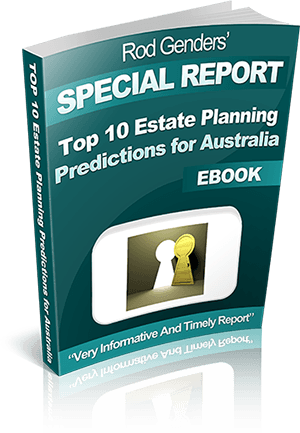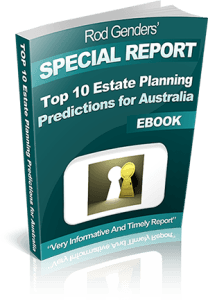The pension was designed to provide income support to older Australians who meet age and income requirements.
It is funded by Australian taxpayers and it accounts for a huge and growing chunk of our national expenditure.
Nearly 80 per cent of people over the age 65 are receiving some form of payment from the government. That’s more than 10% of the entire population of Australia. And that does not include disability pensioners or self-funded retirees.
The numbers of people in retirement are growing. And they are living longer. And they are requiring (and demanding) increasingly expensive care, medications, treatment and accommodation.
What is even scarier is that the numbers of people left remaining in the workforce behind them to pay for it all, are falling. Families don’t have as many kids as they used to, so there are fewer ‘workers’ left in the system to pay for the older generations ahead of them in line.
The Australian age pension system is different from most other countries, which often sets limits on a citizen’s pension depending on how much they have personally contributed to it throughout their working life.
But in Australia it is just a flat rate regardless of contribution, although it is subject to eligibility tests for income and assets. In other words, if you earn or own more than a set amount, you won’t receive the full pension.
At present the family home is excluded from the assets-test.
Is it conceivable that there may come a time when – in addition to annual income tax returns – everyone will be required to disclose a personal inventory of assets and keep the government informed of changes? In this manner, the government will know if you sell or give away any assets, and they will reduce your eligibility to receive government assistance.
Could the government also consider restricting pension benefits to a percentage of the total amount of tax paid by the person during their lifetime? This would be consistent with the modern trend towards ‘user-pays’ and broadly in keeping with the age pension systems of many other countries.
I predict that the Australian government will introduce tighter rules on how much senior Australians can own and earn and still qualify for a part pension.
Enjoy this article? Check out the full report containing all 10 estate planning predictions from senior Australian lawyer Rod Genders. Valuable insights to prepare for the future and help protect yourself, your family and your assets.
SPECIAL REPORT “Top 10 Estate Planning Predictions for Australia”

Enjoy this article?
Check out the full report containing all 10 Estate Planning Predictions from senior Australian lawyer Rod Genders. Valuable insights to prepare for the future and help protect yourself, your family and your assets.








